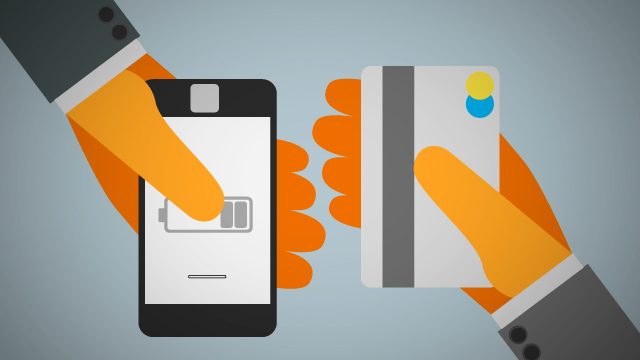SUMMARY
This is AI generated summarization, which may have errors. For context, always refer to the full article.

Nearly half the world’s adult population, an estimated 2.5 billion people, lack access to formal financial services. And without it, large numbers of people continue to be left behind. Their exclusion from the modern financial system restricts their personal economic growth and empowerment, and ultimately hinders economic prosperity on a larger scale.
Promoting global financial inclusion will be a key agenda topic at the World Economic Forum on East Asia in Manila, with huge interest in exploring solutions for helping those who are excluded from the economic mainstream in East Asia. Participants will discuss how to bring the financial products and services that so many of us take for granted, (like a savings account and debit cards), to the unbanked and the financially underserved. One important theme will be how to best utilize new developments in technology and specifically mobile phones as the majority of the underserved have access to some form of mobile technology, be it a standard mobile phone or more technologically-advanced smart phone.
Certainly as smartphone uptake increases, the potential for these groups to make use of technology in relation to their finances grows. A simple “app” that serves to educate, as well as facilitate easy household budgeting, for example, could be one of the ways to help these target groups improve their financial knowledge. Aside from that, mobile network operators can also facilitate domestic remittances and paying of bills for basic utilities as well as mobile top-ups. Companion prepaid accounts and micro insurance and financial services can also add additional services for different segments.
The role of the government in facilitating financial inclusion is also important. Around the world, the public sector represents the single largest, flow of money to the financially excluded. For the most vulnerable low income segments the majority of the income they receive comes from governments by way of social security payments, welfare distribution and other benefits. However in most markets these payments are still made in cash, which is not only expensive to administer and secure, but also susceptible to leakage, and for the recipients exposes them to potential loss via theft or corruption. With governments committed to improving transparency and accountability, there is increased interest in using reloadable payment cards for these programs.
An example where this is already happening is in South Africa. Millions who used to get their social security benefits in cash now get them uploaded to a personalized, secure MasterCard debit card linked to a bank account which is authenticated via biometric technology. On the acceptance side, MasterCard is partnering with a local technology company to enable grocers, small traders, and rural shops to accept card payments, so that recipients can use their cards when they shop with local merchants. Finally, the government saves administration costs, fraud and leakage which for the South Africa Social Security Association are estimated to be nearly US$375M over 5 years while increasing financial access, reducing poverty, and empowering many of the poorest citizens.
With proven experience in implementing such card-based inclusion programs in conjunction with governments, telcos, program managers and NGOs across the world, MasterCard believes that people, irrespective of their own personal circumstances, should have an opportunity to participate in the global economy. However, millions of people around the world, particularly in emerging markets in East Asia, lack access to the most basic financial tools. As such it is entirely appropriate that we are discussing how to bring basic financial services to the financially excluded and underserved at the WEF sessions in Manila this week.
To watch Matthew Driver speak during the May 22 live discussion at the World Economic Forum in Manila on “Achieving Impact through Financial Inclusion”, log on to http://www.weforum.org/sessions/summary/achieving-impact-through-financial-inclusion – Rappler.com
Matthew Driver is President of MasterCard for South East Asia, and one of the speakers at the World Economic Forum on East Asia in Manila from May 21-23, 2014.
Smartphone and credit card image via Shutterstock
Add a comment
How does this make you feel?
There are no comments yet. Add your comment to start the conversation.